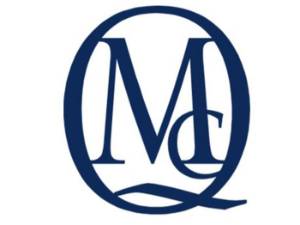
McQuilling Renewables
1035 Stewart Ave Suite 100 Garden City, New York 11530

1035 Stewart Ave Suite 100 Garden City, New York 11530
McQuilling Renewables The approach of McQuilling is to develop products, services and solutions based on specific client requirements, market conditions, and the systematic employment of commercial expertise and analytical acumen. Our work uncovers attractive business opportunities and markets that elevate beyond individual engagements. We take leadership positions and financial participation in these situations, serving in the role of sponsor, developer and project manager through initial concept, feasibility, design and business modeling stages. Depending on the strategic fit of the opportunity with the company, we may remain involved in initiatives after implementation. Developing and deploying safe and environmentally sustainable energy sources is major driver of global ambition today and tomorrow. Within the marine supply chain there are numerous opportunities and solutions to support this momentum.
Drawing on the skills, experience and global shipping supply chain network of McQuilling Partners, the Renewables Group brings individually crafted solutions to the US offshore wind marine supply chain. From initial advisory and project management roles that identify and evaluate business opportunities, to securing stakeholders and negotiating and managing the transactions required, the Renewables Group can support client requirements from concept to execution, deployment and operation.
MARINE SUPPLY CHAIN
Offshore wind energy projects are intended to produce environmentally sustainable generation of electricity at competitive pricing to traditional (carbon-based) and alternative (renewable) energy sources. Despite significant advances in technology and deployment, offshore wind arrays are still considerably more expensive than onshore wind energy installations. Research on European offshore wind farms has shown that vessel costs account for 50% of O&M expenses of offshore wind arrays, so reducing these costs will have a large impact on making offshore wind energy more competitive and sustainable going forward. A combination of US and foreign flag vessels will be engaged in the marine supply chain for US offshore wind. Wind turbine components will be delivered from manufacturing facilities abroad to US coastal staging, assembly and marshaling locations prior to being transported to the offshore fields for installation. Service vessels and workboats will transport workers and equipment from US ports to the wind turbine arrays via designated operation and maintenance ports once the wind farms are fully constructed and online. Capital and operating costs, and US cabotage regulations will drive where vessels are built and flagged.
MARINE EQUIPMENT
A selection of marine assets used in the offshore wind industry follows: